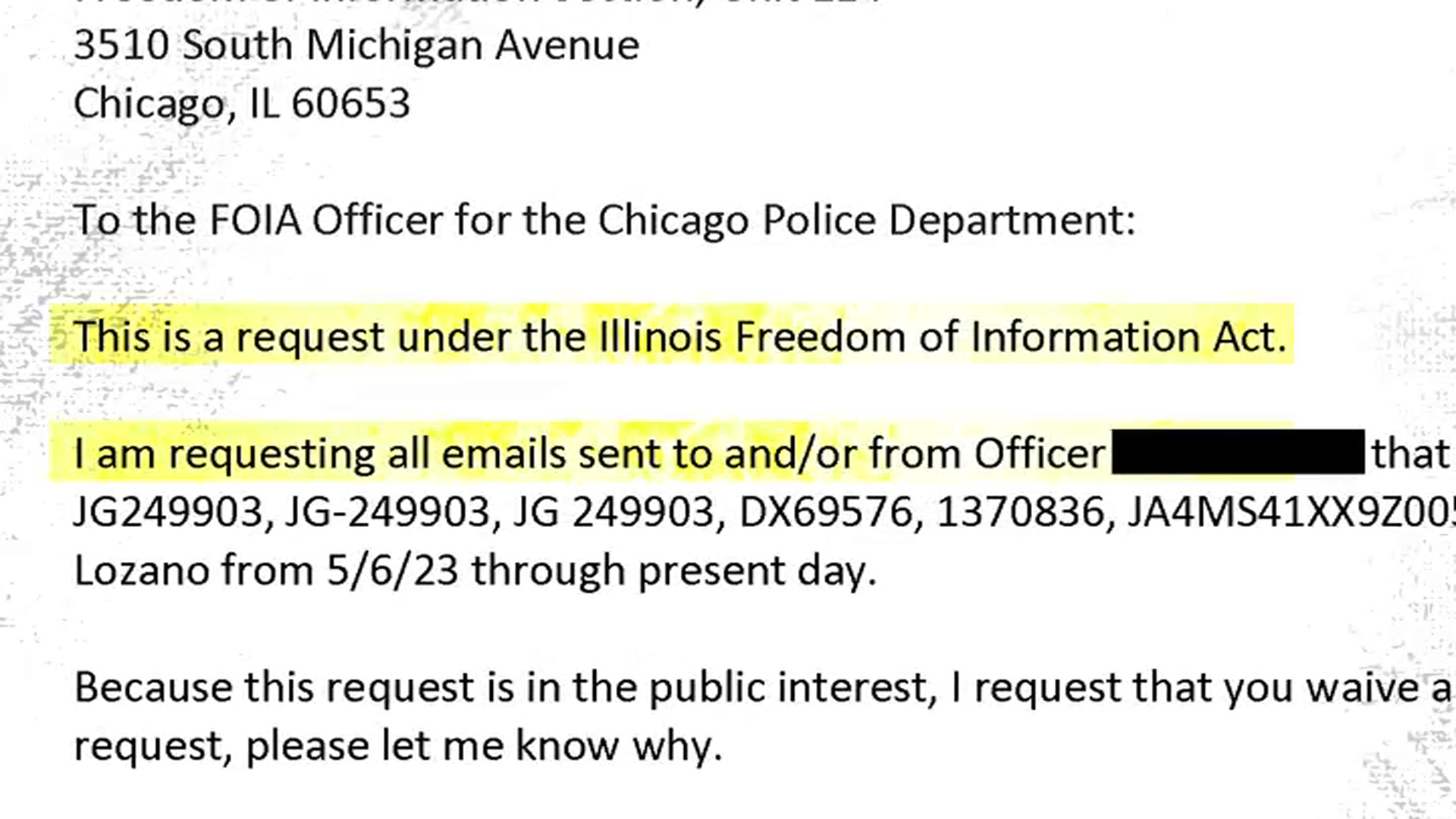For decades, Steve Brown has served as House Speaker Michael Madigan’s alter ego. He’s Madigan’s official spokesman, and has been a member of the powerful inner circle of the Illinois House since 1983.
Starting last year, Brown took on added responsibilities, as press and communications consultant for an entity called Illinois Agriculture Investments LLC, which hopes to land a lucrative medical marijuana license in downstate Marshall County.
“I met with them a couple of times,” says Brown, who confirms that he attended a Marshall County board meeting and a zoning board meeting when the principals of the group made their presentation.
“I had no contact with anyone from the state level,” he says. “I billed them for the work, they paid me, and I haven’t done any work for them since.”
“Whether there’s any additional work would depend on whether they are selected.”
Brown argues there is no conflict of interest, because he is not a state employee, (he has a personal contract to do press work for Madigan. State records indicate he was paid a total of $108,226.11 in 2014 for his work in the Speaker’s office).
And he says he has not made any efforts to contact or influence any state officials. Indeed, he notes his retention by the Marshall County group came after the law was passed by the general assembly. But Brown’s involvement would seem to illustrate how high up some applicants want to go, to make sure they are getting the most high-powered advice.
Investigations
For example, Terry Gainer, the former Chief of the Illinois State Police, and Sergeant at Arms of the United States Congress, is working as a security consultant for an applicant in Chicago. It could be argued that Gainer once headed up the war on drugs here in Illinois. But the security concerns of the new growers and dispensaries are so rigorous, many have sought out big name help like his during the application process.
“When I was first called, I was taken aback,” Gainer admits. “It was new to me.”
But he says after seeing the rigorous process his old department was engaged in during the vetting process, and studying the medical aspects of the program, he agreed to sign on.
“Illinois wrote some of the toughest, strictest standards,” he notes. “The investors are very serious, experienced businessmen.”
Indeed, at the Chicago security powerhouse Hillard Heintze, co-founder Arnette Heintze notes the security component makes up fully 20% of the application process.
“There are armed guards being recommended at some of the critical locations,” he notes. “There’s access control. A 360 degree security plan put in place that has very comprehensive and robust CCTV coverage.”
Heintze is the former Secret Service chief for Chicago, and acknowledged everyone at his firm gave heartfelt consideration to taking on marijuana.
“We debated the pros and cons and at the end of the day, when you realize that this is about a medical decision, our state lawmakers have made a decision,” he says. “It’s suitable for our citizens, then there’s no other discussion.”
Hillard Heintze now has 19 clients awaiting a decision on licenses, some of whom, Heintze says are “in the seven figures” in their investment.
“The state authorities will have strict, 24 hour a day, seven day a week oversight of these facilities,” he says, noting that security must be airtight from the growing process, through delivery to dispensaries which will be located statewide. “The vehicles themselves are designed, and a plan has been put in place, to give the product the highest level of security, and transportation was a crucial consideration.”
Former Governor Pat Quinn had promised to act on licenses by year’s end, but failed to meet that deadline, and left office without issuing any permits to anyone. On his first day in office, new Governor Bruce Rauner said he wanted to review the entire process.
“It shows the complexity the state is dealing with,” Heintze says. “Actually, the fact that they didn’t make a decision, I think, shows restraint on the part of our state government.”



